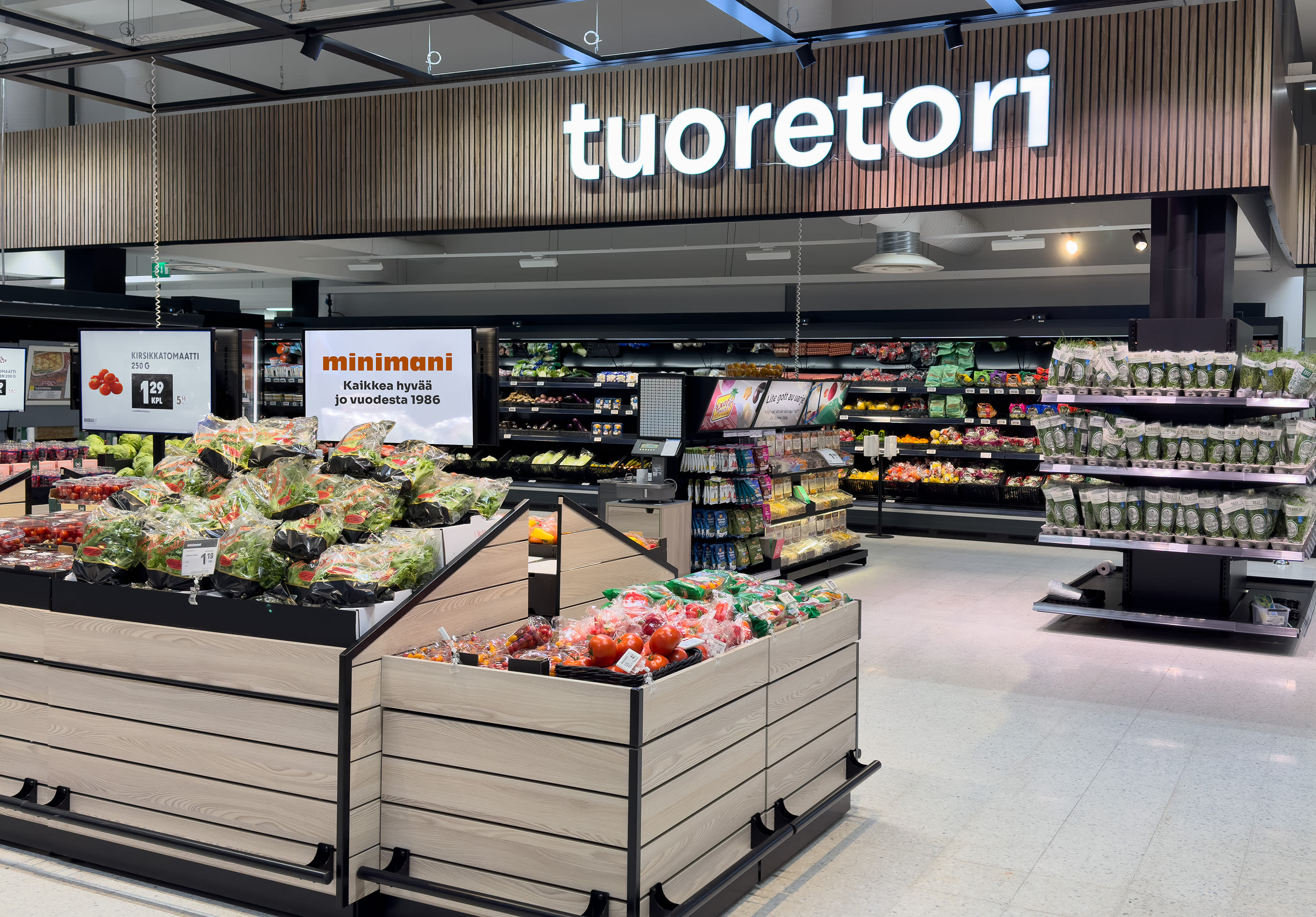Acquiring and managing network, communication and data security services on an international, let alone global scale, is a challenging task for CIOs.
The typical landscape of a CIO’s responsibilities is wide and versatile. This includes cloud environments, WANs and external connections to network security and remote access. Typical service agreements are divided either geographically or by service area, in some cases both.
When adding the stiff communication between multiple suppliers, their often rigid practices, the need to coordinate the development of the overall network architecture, while undertaking network management, monitoring and documentation – the challenge becomes clear.
Size matters – but only to a point
In today’s operating environment, data networks form the nerve centre for any organisation. The search for an optimal solution begins with finding a supplier with the capacity to master such a critical element. Daily operations must proceed with as few unexpected interruptions as possible.
Along with setting up the infrastructure, the supplier has to possess the capacity to monitor activities on a global scale. Any disruption should be addressed as soon as possible, in some cases on site.
Focusing on these criteria, attention often turns to large multinational suppliers. The bigger the company, the better it is expected to be able to carry the entire load of international network challenges. Just sign the dotted line and forget about all the worries, right?
Wrong.
Business evolves, so agility is key
The ability to act as a global partner is not directly related to the company’s size. This is especially the case for clients at the dynamic growth stage or those with ambitions to rapidly enter new markets. For such clients a gigantic network provider often turns out too slow to work with.
A global partner has to be able to design and build a value-adding digital platform that has been designed to support the client’s business in the best possible way. In addition, it has to be able to deliver and support the platform’s services on a global scale.
The next step is the capability to continuously develop these services according to the evolving needs of the client’s business operations. Here, many suppliers fall short. Development requires the ability to make decisions in an agile manner. Agility seldom goes together with size.
Combining size with agility
The most convenient solution is to have one agreement that covers the entire global delivery. This way the CIO does not have to manage several suppliers.
Elisa has both expertise and experience in creating tailored partnerships that are able to address companies’ network challenges on a global scale. In the Nordic and Baltic countries, we operate mainly with Tele2, while our global co-operation with Vodafone makes us the highest quality operator with the most extensive partner network. Our partnerships combine both size and agility to deliver and deploy solutions globally.
We operate closely with leading technology companies to ensure that our clients always have the most comprehensive selection of tools available. Together, we can design, deliver and deploy a solution that fits the client’s specific business needs, no matter which corner of the world their operations takes them.
In addition, our co-operation with companies that provide on-site services ensures consistent, efficient and measurable worldwide service delivery. This helps to ensure continuous operations, while making real-time and transparent network management a reality.
Elisa assumes full responsibility of the entire project. By operating as the prime partner and global service integrator, Elisa provides a smooth and seamless client experience.
A genuine global partnership is achieved only when everyone and everything plays well together. This makes operations efficient and ensures that the goals that have been set will also be reached.






